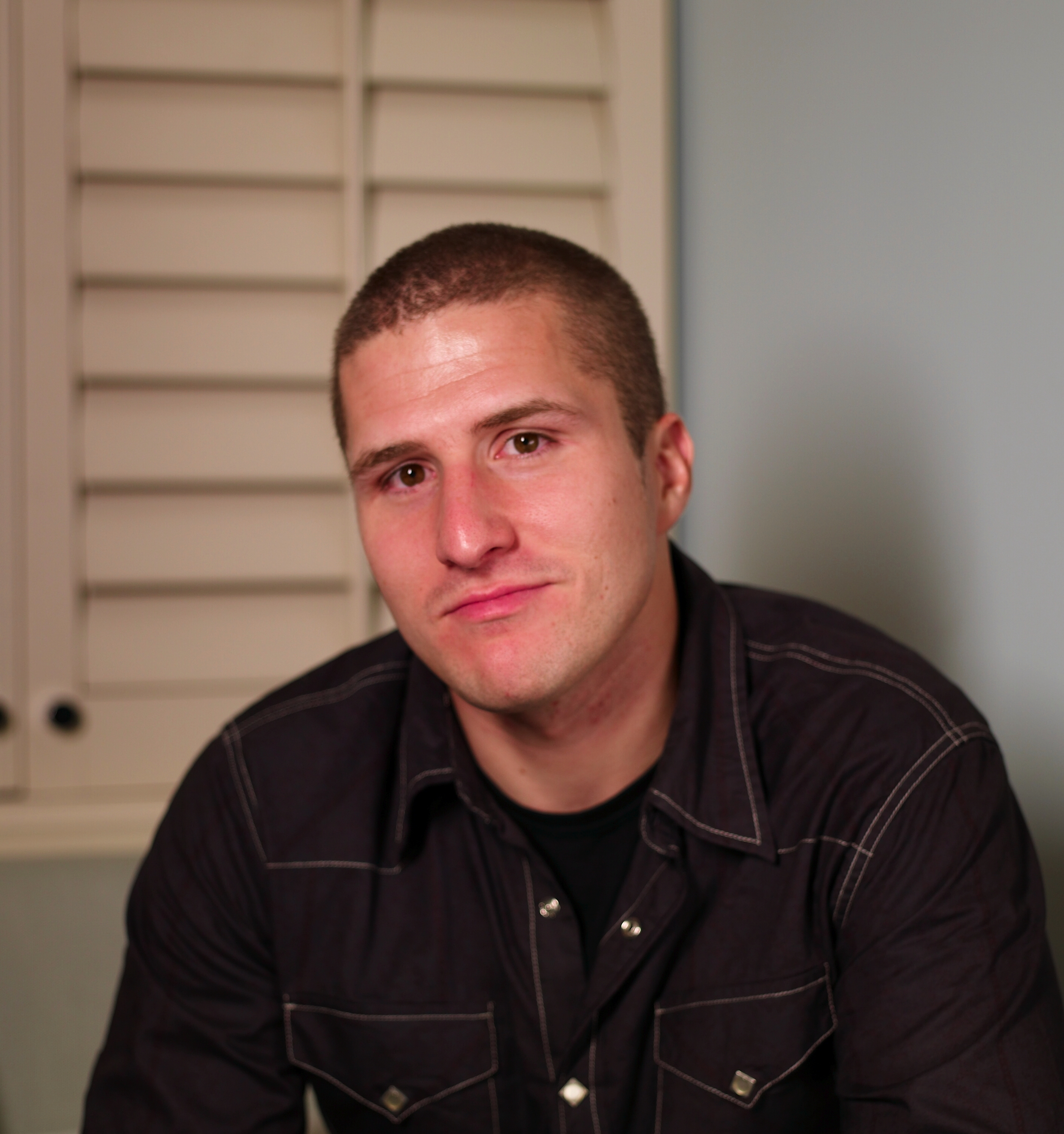Communication is the one need humans seek all day, every day. Internet is all about connecting individuals to other individuals, or o information. For the average person, the TV industry was very difficult to get into, but YouTube changed this by enabling people to broadcast themselves on an internet website where peers could see their content.Digg was an internet company focused on aggregating news that was valued by the users. The more people who vote for a given story, the more prominent it gets on the site. Digg was putting out the message that a simple blog could be just as informative as the New York Times. Gives more power to the people (wisdom of the crowds). There were developments when music was combined with the internet and computers by people such as David Weekly, Cabel Sasser, Steve Frank, and Justin Frankel. They discovered how personal computers could put tunes together. They were all pioneers in the field of MP3. MP3 could compress audio files; it was a digital audio coding format. Media players such as Winamp were developed for personal computers.
RIAA filed a lawsuit against Napster, causing Napster to shut down in July of 2001. Viacom launched a lawsuit against YouTube for copyrighted material that was on YouTube. Using Google’s resources, YouTube avoided being shut down like Napster was. Google bought YouTube in 2006. Web2.0 refers to social website, user-generated websites, and rich web applications. MySpace grew in popularity by summer of 2005. It was a social networking website where users discussed music among other topics. Facebook grew from a social networking platform that was made for Harvard students to a platform used by 50 million active users.

